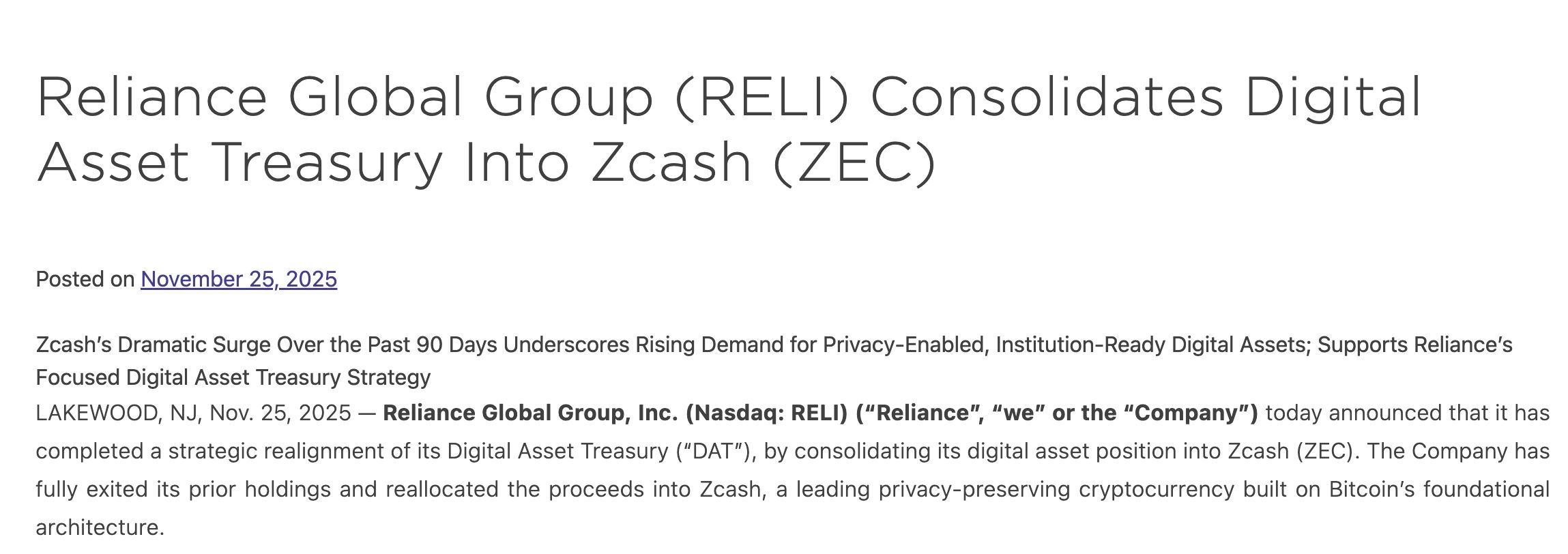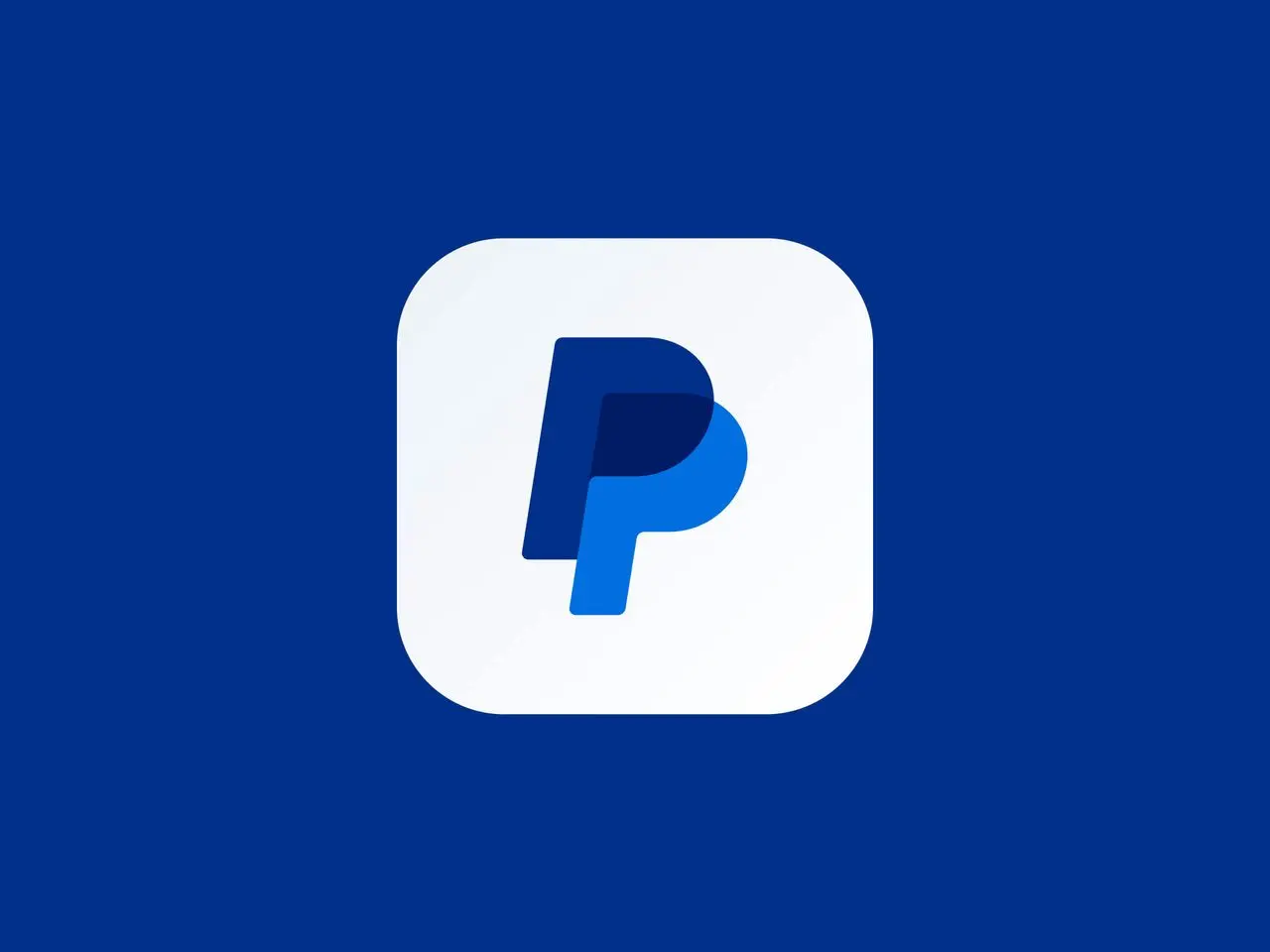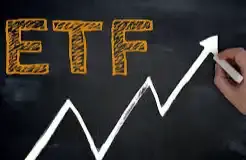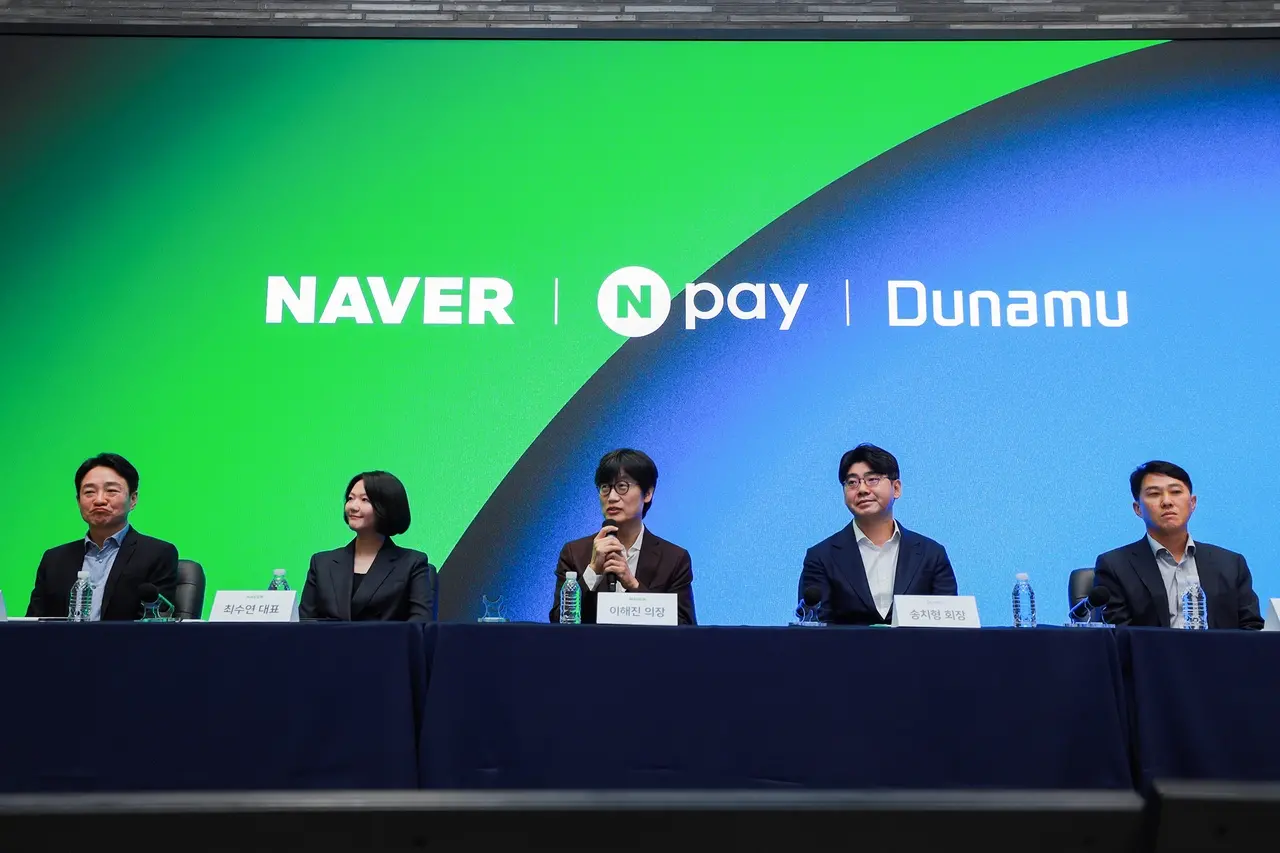Reliance Global Shifts Entire Crypto Treasury Into Zcash After Strategic Overhaul
Quick Breakdown
- Reliance Global Group has fully switched its digital asset treasury from Bitcoin, Ethereum, and others to Zcash.
- The Nasdaq-listed firm says ZEC’s privacy features and regulatory flexibility align better with its long-term strategy.
- Renewed market interest, regulatory clarity and major exchange relistings have driven ZEC’s resurgence.
Reliance makes a bold bet on privacy coins
Nasdaq-listed insurance technology firm Reliance Global Group has taken a dramatic turn in its crypto strategy, consolidating its entire digital asset treasury into the privacy-focused cryptocurrency Zcash (ZEC). The shift marks the company’s strongest endorsement yet of privacy tech within the blockchain space.
 Source:
Reliance Global
Source:
Reliance Global
Moshe Fishman, a member of the firm’s Crypto Advisory Board, said the decision reflects “deep conviction” in Zcash’s long-term role at the intersection of cryptography, compliance, and financial privacy. The announcement was made on November 25.
From diversified portfolio to single-asset focus
Reliance originally entered the crypto market in September with a diversified approach anchored by Bitcoin, alongside Ethereum, Cardano, XRP and Solana. The company even made a significant Solana purchase last month as part of its “multiple value proposition” strategy.
However, a comprehensive strategic review led by Crypto Advisory Board Chairman Blake Janover prompted a complete pivot. The board concluded that Zcash offers the most compelling foundation for Reliance’s long-term Digital Asset Treasury (DAT) plan.
Executives highlighted Zcash’s dual transaction model, which supports both transparent and shielded transfers, as a major advantage. CEO Ezra Beyman noted that focusing on ZEC allows the company to “operate with greater clarity” as the digital economy evolves.
Zcash rides the wave of renewed market and regulatory momentum
Zcash has been one of the standout performers of the past quarter, rallying more than 1,200% in 90 days, its most substantial surge since 2018. This momentum stems from rising demand for privacy-centric tokens amid concerns about on-chain surveillance on public blockchains like Bitcoin and Ethereum.
Exchanges are taking notice, too. OKX, which previously delisted ZEC, reinstated the token this week amid renewed demand, a move many expect other platforms to follow.
Institutions begin to re-enter the Zcash ecosystem
Institutional interest is also resurfacing. Cypherpunk Technologies, backed by the Winklevoss twins, recently acquired more than 200,000 ZEC as part of its strategic repositioning. Activity around the Grayscale Zcash Trust has risen, while influential industry figures like Arthur Hayes have openly backed the asset.
Take control of your crypto portfolio with MARKETS PRO, DeFi Planet’s suite of analytics tools.”
Disclaimer: The content of this article solely reflects the author's opinion and does not represent the platform in any capacity. This article is not intended to serve as a reference for making investment decisions.
You may also like
Reimagining Global Payments: PayPal's Vision for AI, Innovation, and Agentic Commerce
The future of global business, AI-driven consumer experiences, the construction of large-scale trust systems, and the next stage of cross-border payments.

SIG Founder: Why Am I Bullish on Prediction Markets?
When politicians deceive us with lies, prediction markets will provide the antidote.

Under the new standards, a batch of altcoin ETFs go live: covering in half a year what bitcoin achieved in ten years
These ETFs were not strictly approved one by one by the SEC, but instead utilized a brand-new "universal listing standard" and a little-known "8(a) clause" fast-track, becoming effective almost automatically with the tacit consent of the regulatory authority.

Stolen the day after a multi-billion dollar acquisition—was it North Korean hackers again?
Dunamu and Naver Financial just announced their merger plans yesterday, and today Upbit's assets were stolen. This incident, especially during the sensitive period when they are considering a Nasdaq IPO, undoubtedly poses a challenge to their expansion plans.

